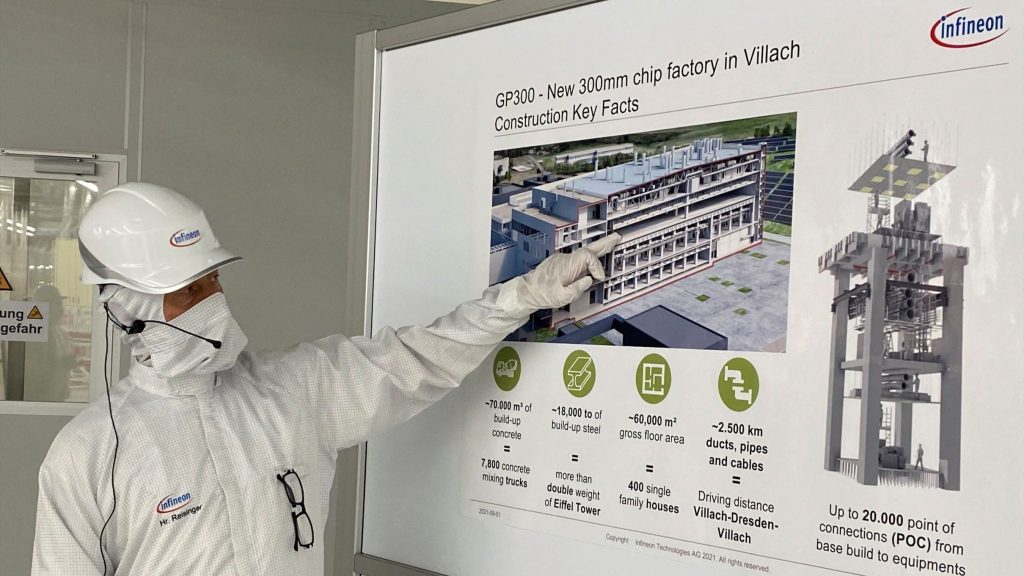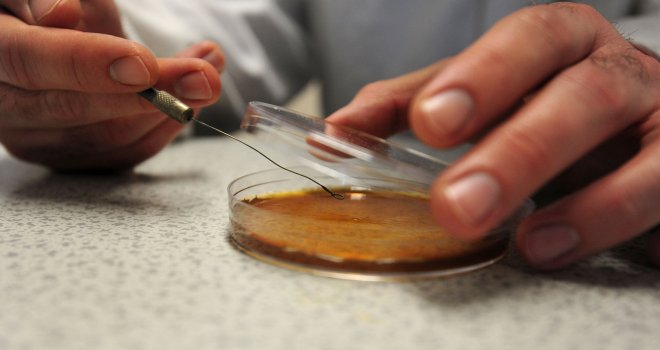Chipmaker Infineon Ready To Spend Billions On Acquisitions – CEO

Infineon is ready to spend several billion euros on the right takeover target as it searches for acquisitions to boost growth, Chief Executive Jochen Hanebeck said in an interview published on Wednesday.
The German chip maker is constantly “on the lookout” for suitable companies, Hanebeck told Frankfurter Allgemeine Zeitung (FAZ). “I see it in the range of up to a few billion (euros).”
The plans come at a time when demand for chips used in everything from smartphones to cars soars and supply chain bottlenecks lasting almost two years have plagued global industries from autos to healthcare and telecoms.
Infineon, which reported a 63% jump in segment profit to 3.4 billion euros ($3.6 billion) in the fiscal year that ended Sept. 30, has said it sees growth in particular in electromobility, autonomous driving, renewable energy, data centres, and the so-called internet of things.
The CEO would not comment on individual takeover candidates, according to the newspaper. He said the company could expand its portfolio in several fields, including power semiconductors, sensors, software and artificial intelligence.
It was quite conceivable that start-ups that are not sufficiently well financed, for example, would want to join a corporation, Hanebeck told FAZ.
Infineon had bought U.S. rivals Cypress Semiconductor for $10 billion and International Rectifier for $3 billion in 2019 and 2014, respectively, to expand in next-generation automobiles and Internet technologies.
To boost production capacity in Europe in a fiercely contested market, Brussels in February launched the so-called Chips Act, enabling 15 billion euros in additional public and private investment in the industry by 2030 on top of 30 billion euros of public investments already planned.
Infineon said last month it was planning a new 5 billion-euro factory in the eastern German city of Dresden.
Taiwan’s TSMC is also in advanced talks about setting up its first European plant in Dresden, according to a media report.
Intel, on the other hand, has backed away from its original target of opening a chip factory in eastern Germany in the first half of 2023, according to another media report.
(Reporting by Kirsti Knolle, editing by John Revill, Maria Sheahan and Tomasz Janowski)




